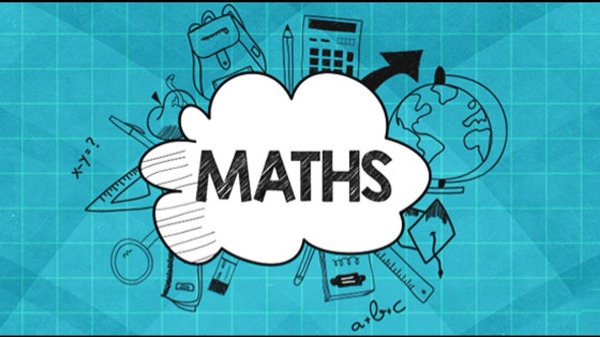Mathematics
At OLHC, Mathematics provides students with access to important mathematical ideas, knowledge and skills that they will draw on in their personal and work lives. The curriculum also provides students, as life-long learners, with the basis on which further study and research in mathematics and applications in many other fields are built.
Mathematical ideas have evolved across societies and cultures over thousands of years, and are constantly developing. Digital technologies are facilitating this expansion of ideas and provide new tools for mathematical exploration and invention. While the usefulness of mathematics for modelling and problem solving is well known, mathematics also has a fundamental role in both enabling and sustaining cultural, social, economic and technological advances and empowering individuals to become critical citizens.
The OLHC Mathematics program is based upon the Victorian Curriculum, and aims to ensure that students:
● develop useful mathematical and numeracy skills for everyday life, work and as active and critical citizens in a technological world
● see connections and apply mathematical concepts, skills and processes to pose and solve problems in mathematics and in other disciplines and contexts
● acquire specialist knowledge and skills in mathematics that provide for further study in the discipline
● appreciate mathematics as a discipline – its history, ideas, problems and applications, aesthetics and
philosophy.
TOP TEN maths
Each class is equipped with a Maths tool box to provide access to resources and concrete materials that help children make connections between mathematical concepts and everyday life.
https://www.toptenresources.com/mathstoolboxes
Our program is supported by a mathematical Library of 75 selectively chosen picture story books> These titles are used to introduce and hook students into maths https://www.toptenresources.com/numeracylibrary
Mathematics everywhere
- How do you know?
- Prove it
- Convince me
- Show me
Sports maths. Endless possibilities from reading scores, solving margins, working out the value X number of goals , reading times, distances, player profiles (weights, height,etc)
Menu maths. What’s the most expensive meal on the menu? What’s the least expensive? We have $20.00 to spend – what can we get?
Kitchen maths. Practice fractions by using recipes or reading cookbooks. Measuring ingredients is a perfect math lesson. Don’t tell them, though.
Map maths. What’s the distance from home to our destination? How long will it take us if we travel the speed limit? What’s the most direct route?
On-the-road maths. Numbers are all around roads if you look for them. Add or subtr
Money maths. Teach about making change. Count change in a piggy bank. How many ways can I make 45 cents? Open a small savings account and watch the amount rise with deposits and interest.
Reading and writing maths. Read books about math and mathematicians. (A good website is Math Mama’s blog post on a “Dozen Delectable Math Books,” which gives recommendations for ages 2-adult.)
Calendar maths. Count down the days to special events like birthdays, holidays, vacations and appointments.
Game maths. Use cards, dominoes or dice (“math cubes”) to reinforce counting, addition, subtraction, multiplication, or division skills. Play Snakes and Ladders, Monopoly, and other games that encourage counting. Together, do the Sudoku puzzles in the paper.



